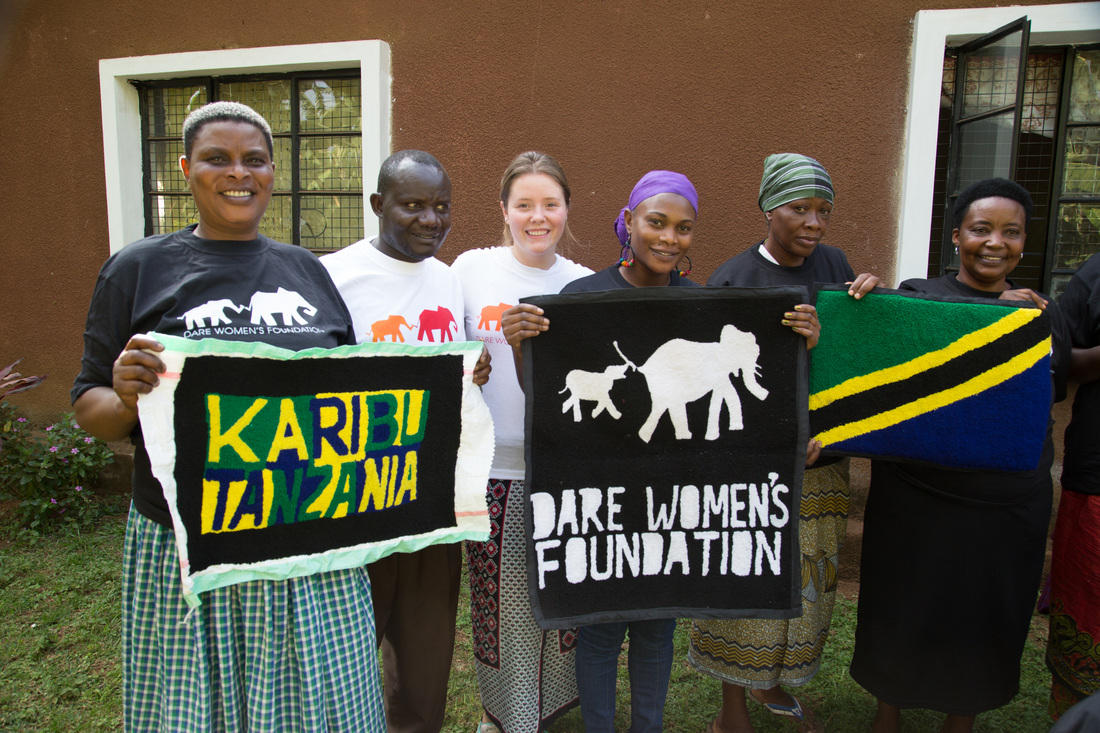
Common findings emerge from our research in India and Tanzania.
In both contexts, we found that women’s NGOs had made vital contributions to the success of development projects, but they were easily marginalised and trivialised once those projects got off the ground. In India, after the success of the pilot projects, the other partners declared that they would “go it alone” and no longer involve the NGO partner in delivering basic urban services.
A similar pattern emerged in Tanzania. Once the project was well-established, it started to expand to include community yogurt kitchens run by men, as well as kitchens in other parts of Tanzania, Rwanda, and Kenya. The women’s NGO was forced out. What’s more, the gender equality training, identified initially as a key project priority in Tanzania, was discontinued entirely.
Although the contributions made by the women’s NGOs were critical to the existence and success of the initiatives, they were often dismissed as supplementary and dispensable by the other partners.
Because the NGOs’ role of organising, mobilising and helping local communities participate in development initiatives was seen as a “natural” extension of women’s care-giving work, it was easy for other partners to diminish and dismiss their contributions. And because the other partners did not fully appreciate the contributions of the women’s NGOs, they were unwilling to share credit for the success of the project.
How to bolster the role of women’s
NGOs We recommend several strategies to strengthen and validate the role of women’s NGOs in development partnership projects. A memorandum of understanding (MOU) that defines the specific roles and responsibilities of each partner should be an essential requirement for multiple-stakeholder projects.
The lack of such formal agreements entrenches the perception that the role NGOs play is not particularly valuable. But the involvement of partners with a wide range of views, sizes, structures and experiences underscores the importance of formalising the role of women’s NGOs.
When the relationship among the different parties is formalised, constructive debate can be encouraged among all partners. The lack of a memorandum of understanding causes overlaps in function, weakens accountability, and exacerbates conflict among partners. While it’s possible for diverse institutions with different philosophies to work in an integrated way, it doesn’t happen automatically or easily.
At a deeper structural level, advocacy work — whether it is gender equality or community mobilisation — must be treated as a non-negotiable priority in global development partnership projects, instead of as a value-added or supplementary task. Our research has shown that women’s NGOs play integral roles in the projects they participate in.
It’s unfortunate they must “justify” their long-term involvement in such initiatives, but it may be incumbent upon them to make their contributions to the project more visible to the different partners and to the development community at large.
Collecting, maintaining, and analysing data on a regular basis about key project impacts and outcomes will be crucial for making NGO contributions more visible and less dismissible.
Collaborating with academics and other development professionals to publish and disseminate findings from such projects will also strengthen and validate NGO efforts.
****
Dr. Bipasha Baruah is Professor & Canada Research Chair in Global Women’s Issues, Western University, and Dr. Kate Grantham is Research Associate, International Development, McGill University. Source: theconversation
 The Independent Uganda: You get the Truth we Pay the Price
The Independent Uganda: You get the Truth we Pay the Price


